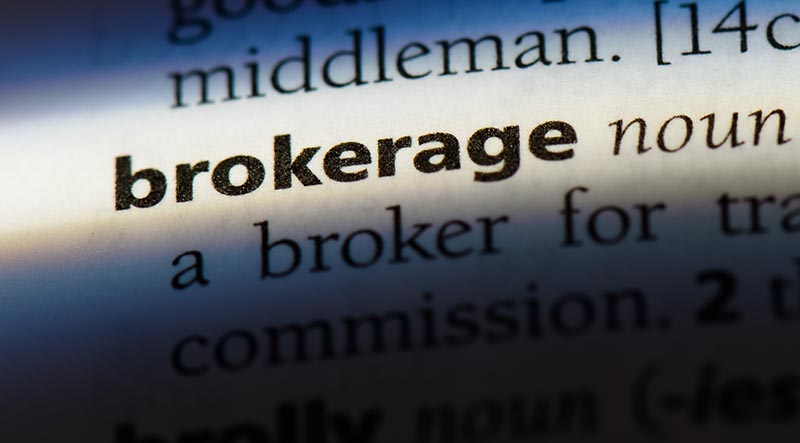Can I deduct brokerage fees?
May, 24 2021 by Glynis Miller, CPA, MST
Certain expenses can be deducted from gross income when attributable to a trade or business or when incurred in the production of taxable income. The expense must be considered both ordinary and necessary to be allowed as a deduction. Some expenses, however, must be capitalized, while others are deductible for individuals engaging in certain investments with the intent of earning a profit. When expenses are capitalized, they are treated as part of the cost for acquiring the investments as opposed to deducting it from gross income. It is important to know what expenses qualify as brokerage fees to determine how to treat them.
What is a broker?
A broker is generally the individual or firm that acts as the intermediary between the securities exchange and the investors. A broker must be registered with Financial Industry Regulatory Authority (FINRA) and authorized to buy, sell, or otherwise trade securities on behalf of others. If the broker also provides investment advice, they must be registered with the Securities and Exchange Commission (SEC) as Registered Investment Advisors (RIAs). There are generally two types of brokerage accounts available; an investor may have either a brokerage account that is full-service or discount-service.
A full-service broker provides the following:
- Buy/Sell transactions for clients
- Wide range of investment products
- Investment Advice
- Research on investments plans
- Market analysts (intelligence)
- Retirement planning
A discount broker provides the following:
- Buy/Sell transactions for clients
- A narrow range of investment products
What are brokerage fees?
Brokers provide investors with financial reporting records monthly, quarterly, and annually with information on the securities held, purchased, sold, traded, and the income (interest and dividends) generated for each security investment. These brokers receive compensation for various services, such as compensation from the exchange, investment counseling fees, general advice management fees, commissions, finder’s fees, or fees assessed for maintaining the investor’s brokerage account. Here is a breakdown of the tax treatment for the various expenses and fees:
- Capitalized
- Commission fees
- Other costs to purchase the investment
- Deductible (limited by tax year)
- Account maintenance fee
- Investment advice fee
- Finder’s fee
- Other management or administrative fees
The Tax Cuts and Jobs Act (TCJA) of 2017 was touted for its tax rate cuts for most taxpayers and increasing the standard deduction for all filing statuses. However, not all of the changes are considered tax-saving measures. While tax rates were cut and standard deductions increased, personal exemptions were set to zero. Additionally, certain itemized deductions were substantially changed as well. For example, deductions were limited for State and Local Income Taxes and Real Estate Taxes. And other miscellaneous itemized deductions were eliminated for tax years 2018 – 2025.
One of the eliminated deductions relates to those expenses normally allowed for investment expenses incurred in the production of taxable income. Investment fees, which include the deductible brokerage fees, were claimed as itemized deductions subject to the 2% of adjusted gross income limitation. For those unable to itemize their deductions before the TCJA, this change has no real tax effect. Likewise, if you would have only received a small benefit from the deduction, the standard deduction increase may result in a better deduction and tax savings. However, the results of TCJA have made brokerage fees non-deductible, at least for the foreseeable future, for any returns filed between 2018 to 2025.





